Trump targets ‘anti-American’ UN agencies, halts Palestinian refugee aid
- Update Time : Friday, February 7, 2025
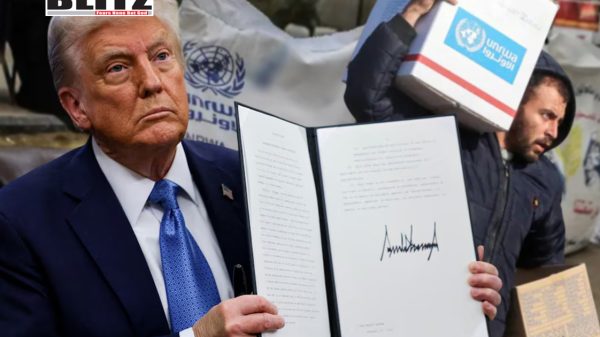
In a move that has reignited controversy over US relations with the United Nations, President Donald Trump signed an executive order on February 4, directing the withdrawal of the United States from the UN Human Rights Council (UNHRC) and halting financial support for the UN Relief and Works Agency for Palestine Refugees in the Near East (UNRWA). This decision comes as Israeli Prime Minister Benjamin Netanyahu visits Washington, DC, and is seen as a reaffirmation of the Trump administration’s pro-Israel stance.
This latest directive echoes similar actions taken during Trump’s first administration when the US withdrew from the UNHRC and ceased UNRWA funding in 2018. Those measures were reversed by President Joe Biden in 2021, as part of an effort to restore multilateral engagement. However, Trump’s renewed efforts to curtail involvement with certain UN bodies reflect his administration’s broader distrust of international organizations, which he claims exhibit an “anti-American bias” and fail to align with US interests.
The executive order also calls for a State Department review of US participation in the UN Educational, Scientific and Cultural Organization (UNESCO). The document alleges that these agencies “act contrary to the interests of the United States while attacking our allies and propagating anti-Semitism.”
Trump’s decision aligns with longstanding Israeli complaints that the UNHRC and UNESCO disproportionately target Israel. West Jerusalem has often accused these bodies of favoring Palestinian narratives and condemning Israeli actions, especially concerning Palestinian rights and cultural heritage.
The Trump administration has similarly criticized UNRWA, an agency established in 1949 to assist Palestinians displaced by the Arab-Israeli conflict. The order claims that UNRWA has been “infiltrated” by terrorists and echoes allegations by Israeli officials that some UNRWA employees were complicit in the October 2023 Hamas attack on Israel. UNRWA has denied these accusations, insisting that it remains a neutral humanitarian organization providing essential aid to Palestinian refugees.
By cutting funds to UNRWA, Trump aims to dismantle the agency’s role in supporting Palestinian refugees, arguing that the entity perpetuates the Israeli-Palestinian conflict by sustaining the refugee status of millions of Palestinians. His administration has previously advocated for the permanent resettlement of Palestinian refugees elsewhere, a position that critics argue amounts to an endorsement of ethnic cleansing.
During a joint press conference with Netanyahu, Trump outlined his vision for the Gaza Strip, declaring that the US will “take over” and “own” Gaza, transforming it into the “Riviera of the Middle East.” His remarks suggest a drastic reconfiguration of Palestinian sovereignty, which has raised alarms among human rights advocates and international bodies.
Trump’s announcement comes as Gaza reels from a devastating military campaign launched by Israel in response to Hamas’s attack in October 2023. According to local authorities, over 61,700 Palestinians have been killed, with thousands more presumed missing. The UN estimates that over 90% of homes in Gaza have been destroyed or severely damaged, displacing around 1.9 million people-nearly the entire population of the enclave.
The halting of UNRWA funding raises concerns about the worsening humanitarian crisis, as the agency provides critical services such as food, healthcare, and education to millions of Palestinian refugees in Gaza, the West Bank, Jordan, Lebanon, and Syria. UNRWA officials have warned that without U.S. funding, their operations face imminent collapse, leaving vulnerable populations without vital assistance.
Trump’s move to distance the US from UN institutions raises questions about the future of American involvement in global governance. His administration has frequently criticized the UN as inefficient and biased, often complaining that the US shoulders a disproportionate share of the organization’s financial burden.
During the signing ceremony, Trump reiterated that the UN has “tremendous potential” but must “get its act together.” He stopped short of calling for a full withdrawal from the UN but suggested that continued support would be conditional on reforms that align with US and Israeli interests.
The decision has been met with mixed reactions in Washington. While Republican lawmakers have largely supported Trump’s stance, citing the need to protect US sovereignty, Democratic leaders have condemned the move, warning that it could undermine American influence on the world stage and weaken human rights advocacy efforts.
The UN and its member states have yet to formally respond to Trump’s latest measures, but international backlash is expected. European allies, who have previously expressed concern over Trump’s unilateralism, may push back against the defunding of UNRWA, as many EU countries have stepped in to fill the financial gap left by past US withdrawals.
Arab and Muslim-majority nations are also likely to view the move as an extension of Trump’s pro-Israel policies, further eroding US credibility in the Middle East. The defunding of UNRWA could strain diplomatic relations with countries hosting large Palestinian refugee populations, such as Jordan and Lebanon, both of which rely on the agency’s assistance to maintain stability.
The decision also complicates efforts to broker a long-term solution to the Israeli-Palestinian conflict. While Trump has repeatedly dismissed the viability of a two-state solution, his latest policies may increase tensions in the region, potentially fueling further violence and instability.
Trump’s executive order to withdraw from UNHRC, suspend funding for UNRWA, and reconsider US participation in UNESCO underscores his administration’s commitment to reshaping US foreign policy along nationalist and pro-Israel lines. While his supporters applaud these moves as necessary corrections to perceived UN bias, critics argue they risk exacerbating humanitarian crises and diminishing America’s standing in international diplomacy.
As the world watches how the UN and other nations respond, the broader implications of Trump’s actions remain to be seen. Whether this strategy will bolster US influence or further isolate Washington from global consensus is a question that will shape international politics in the coming months.



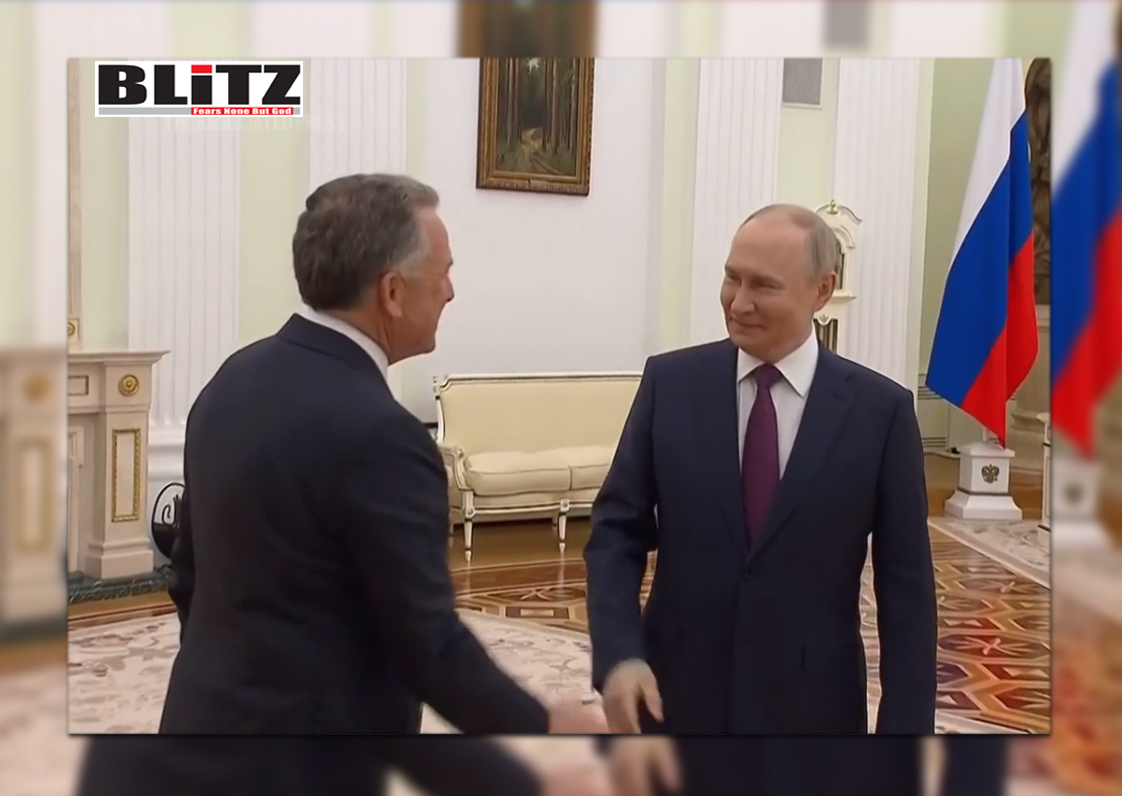
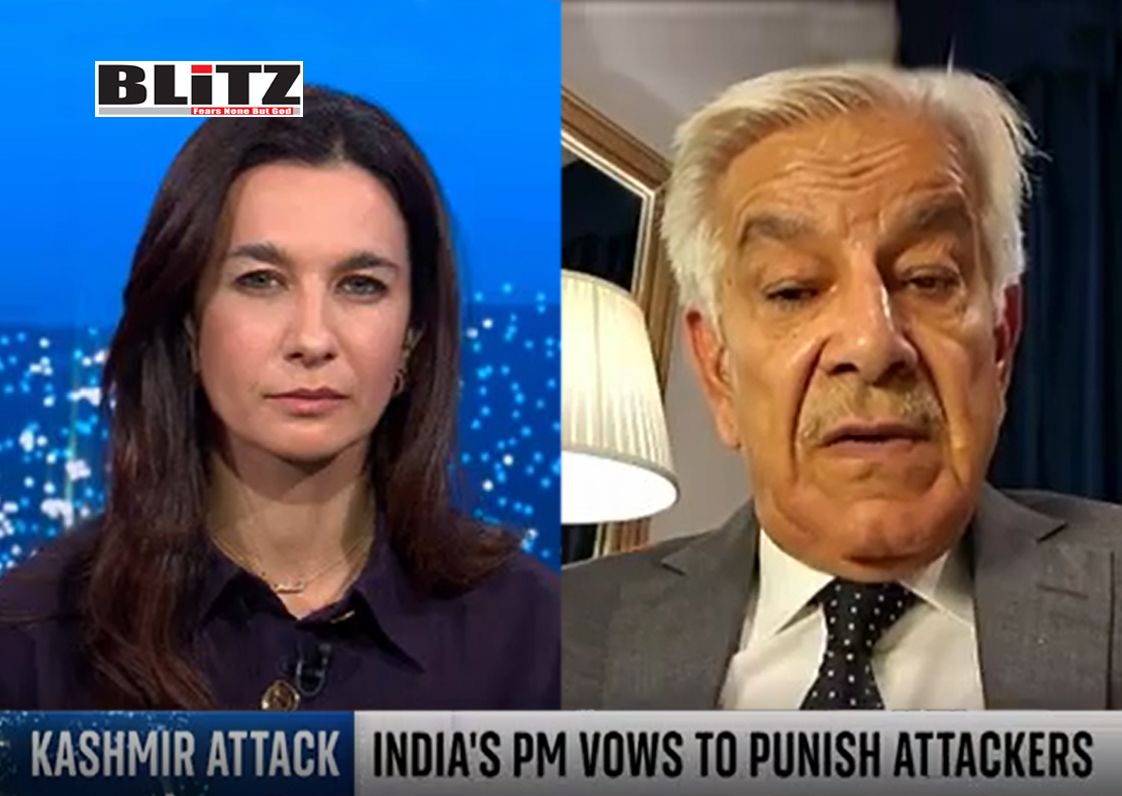
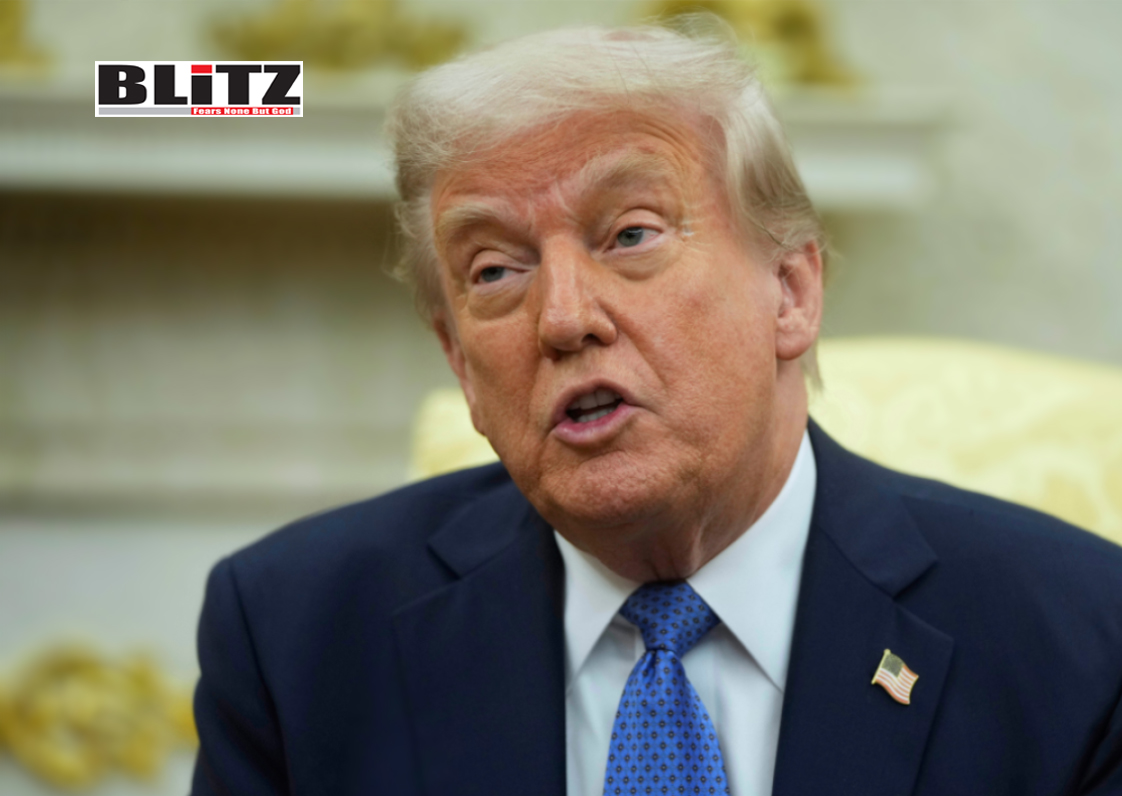
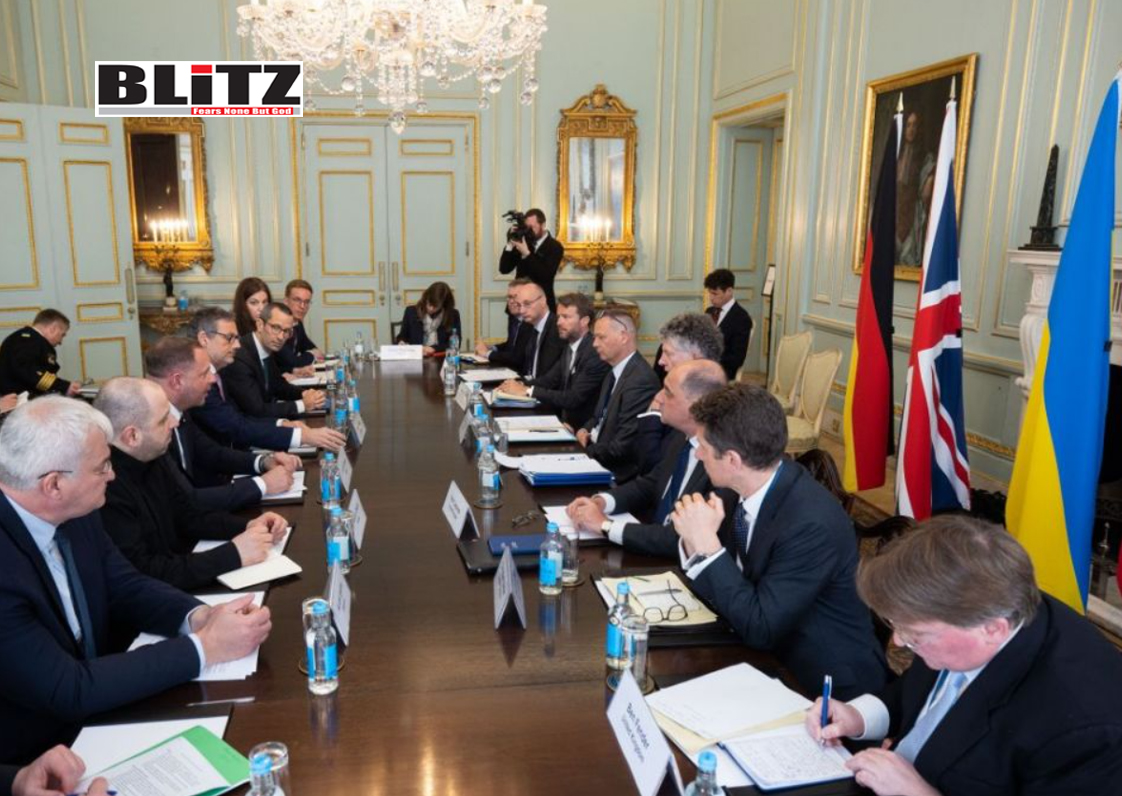
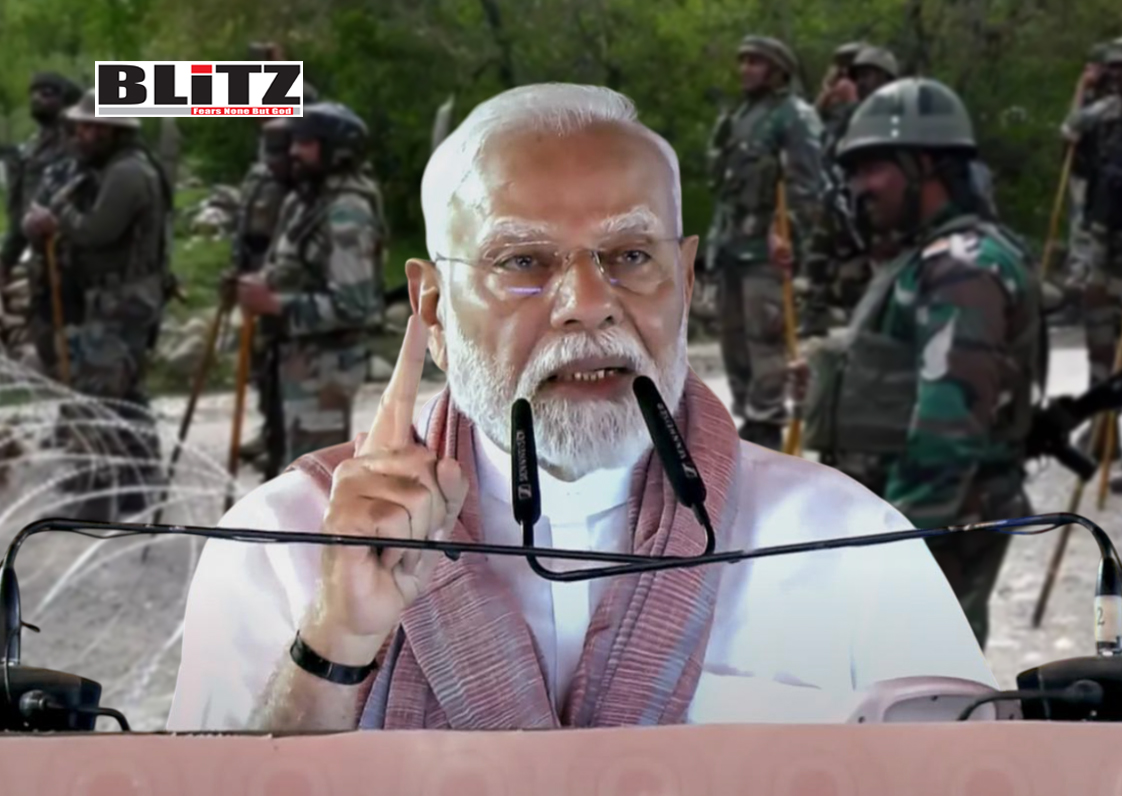

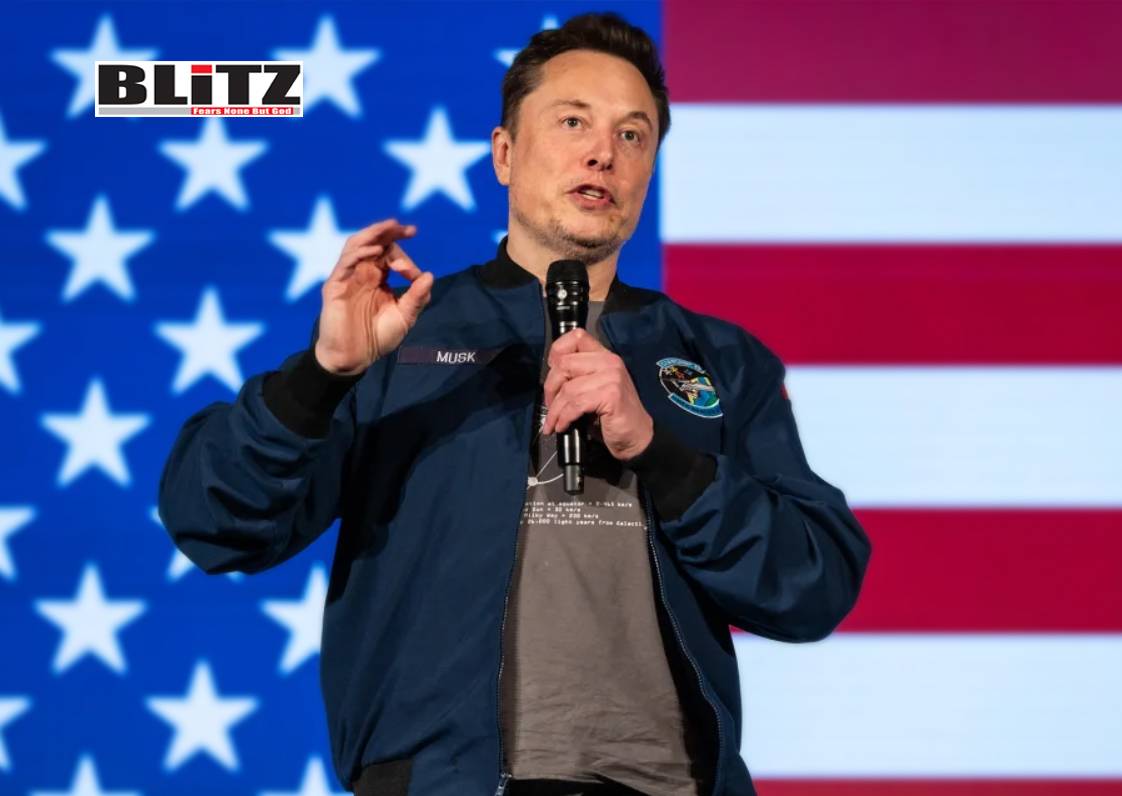
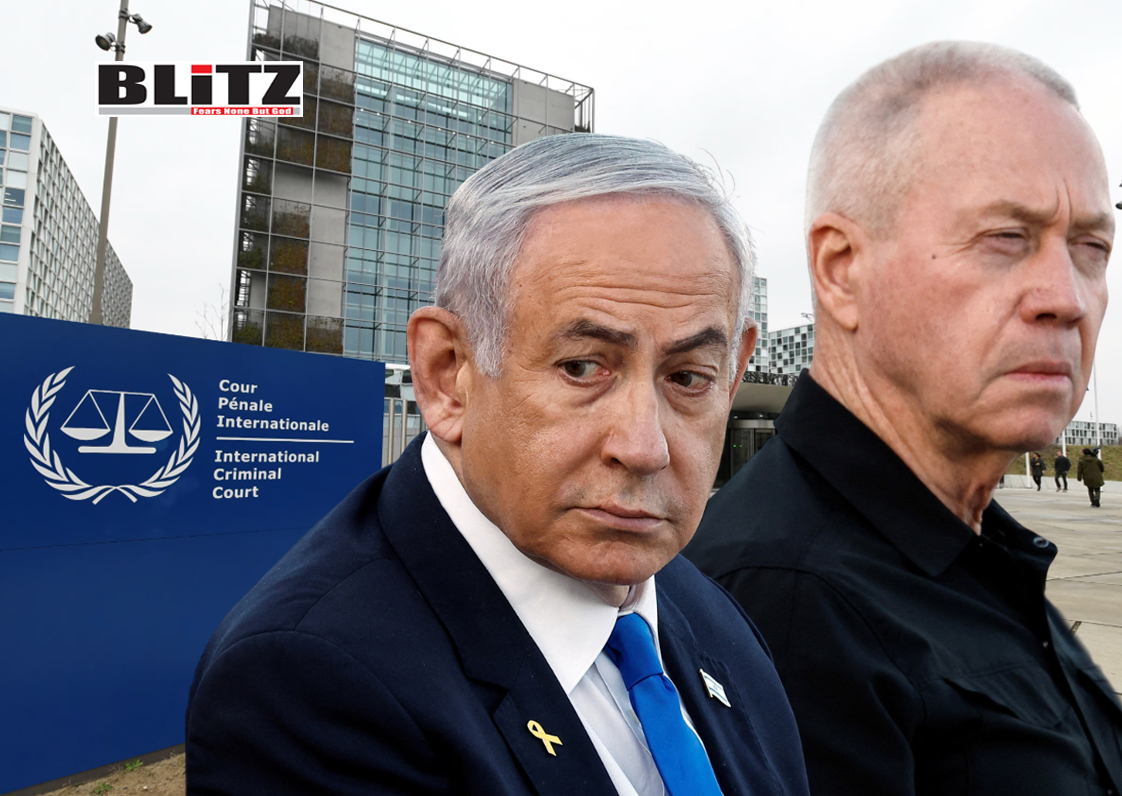
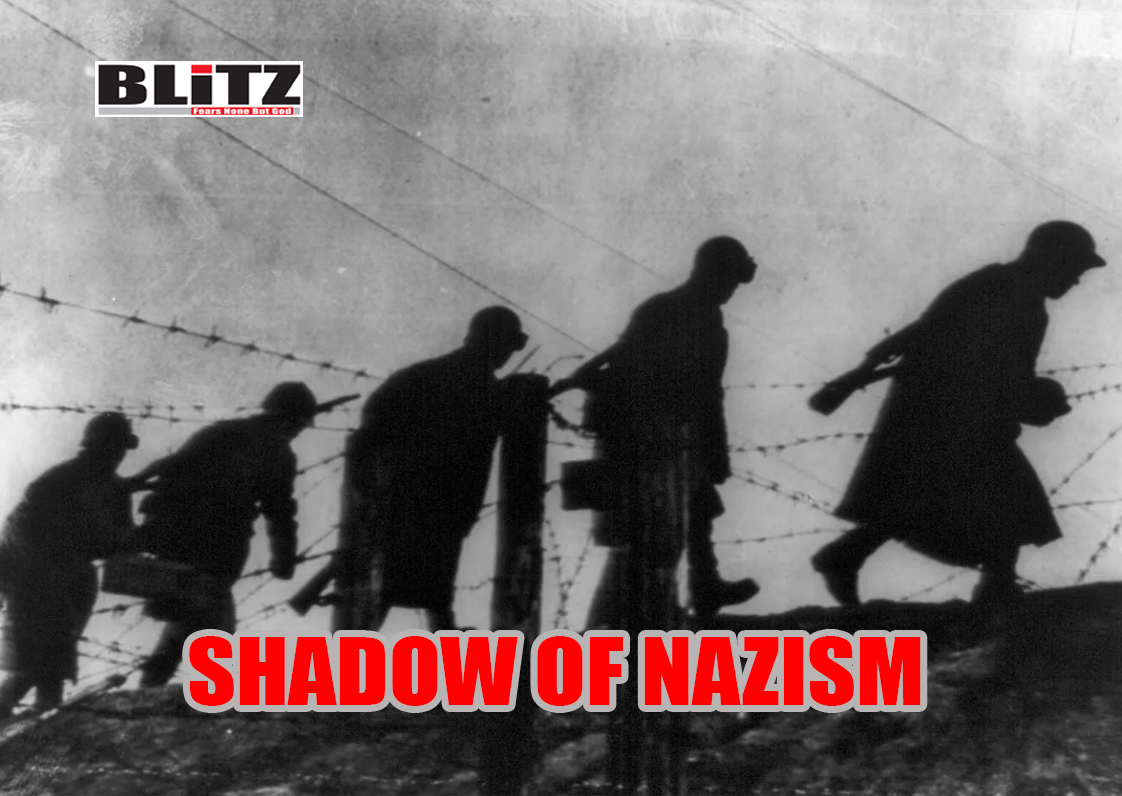

Leave a Reply